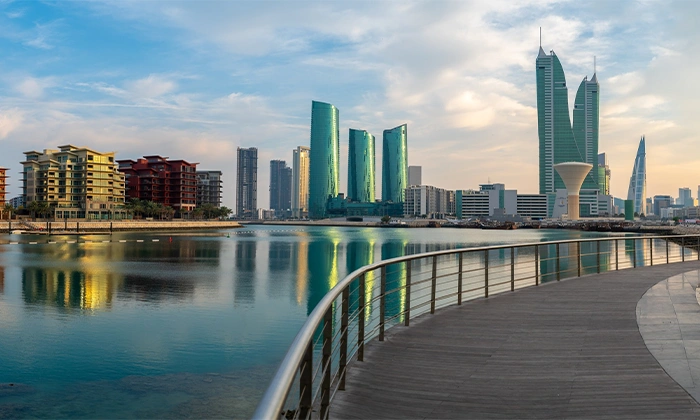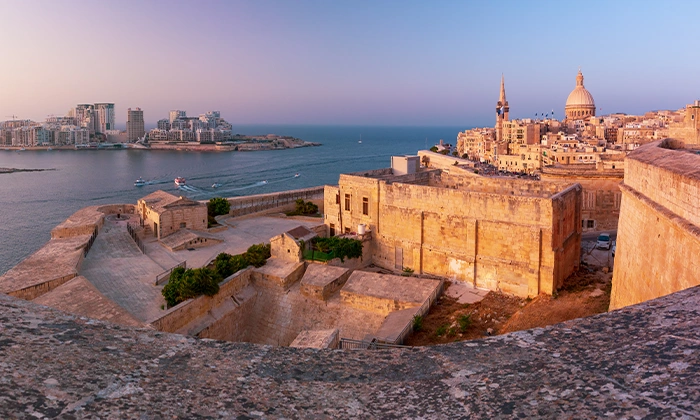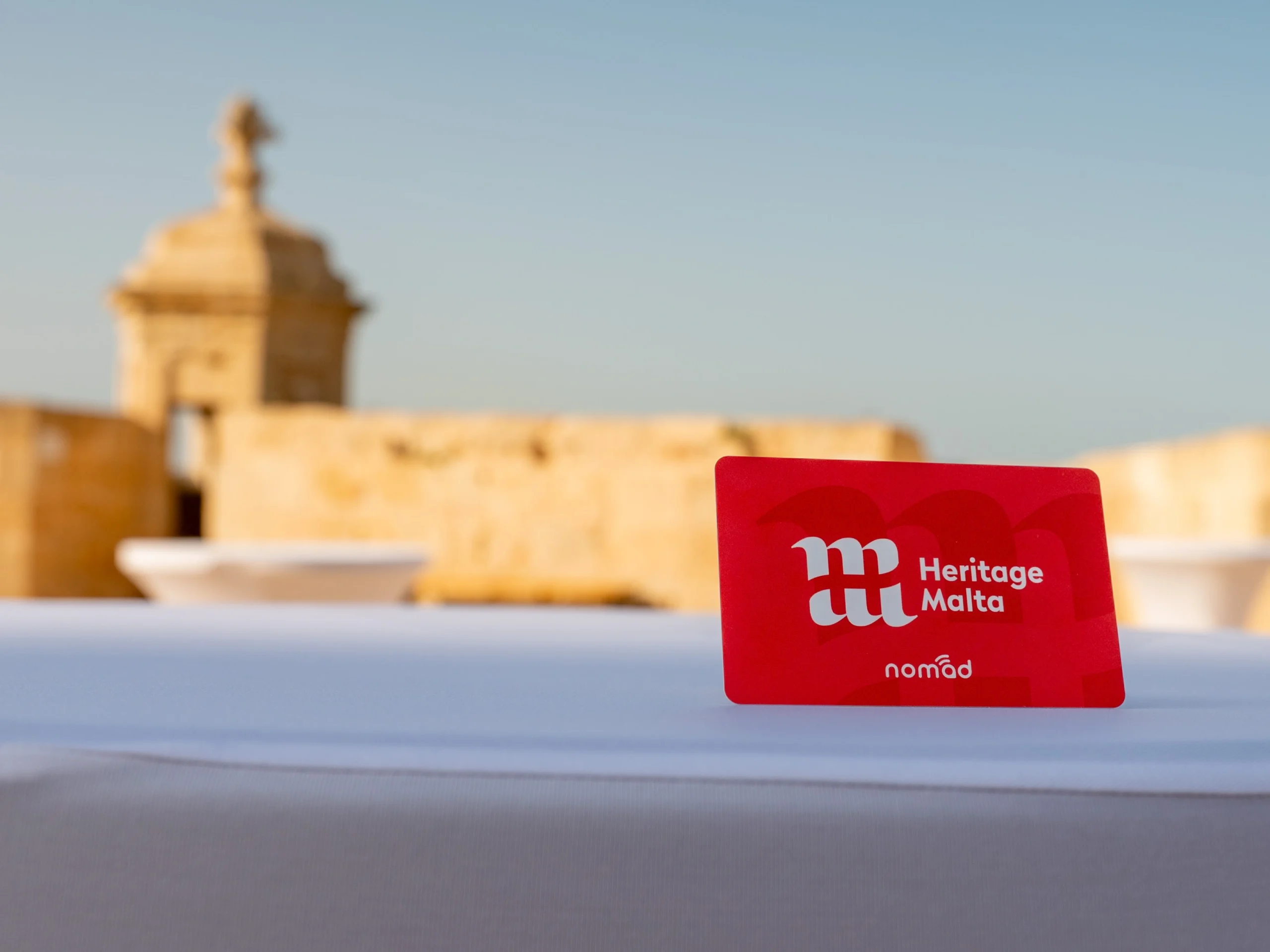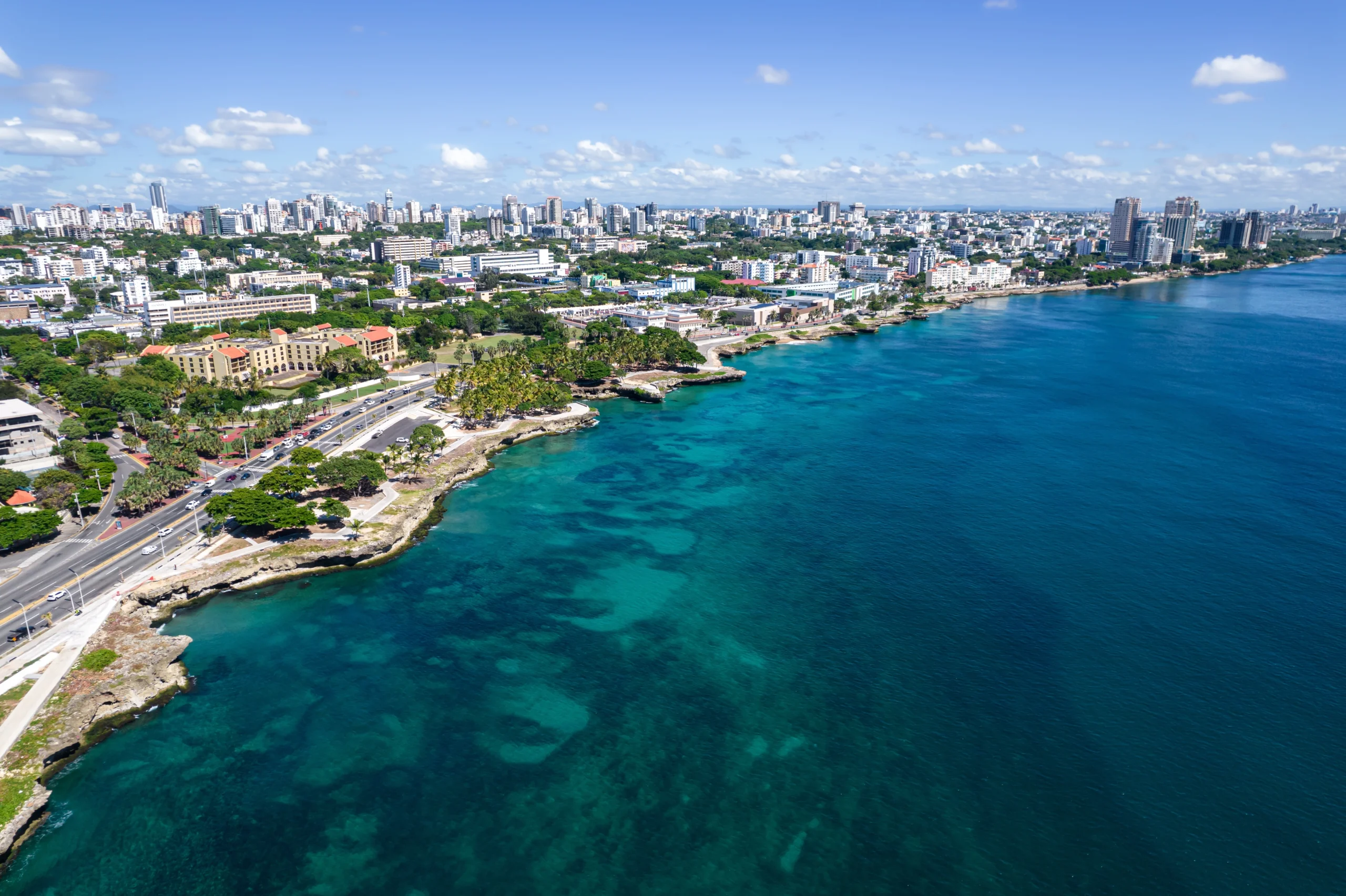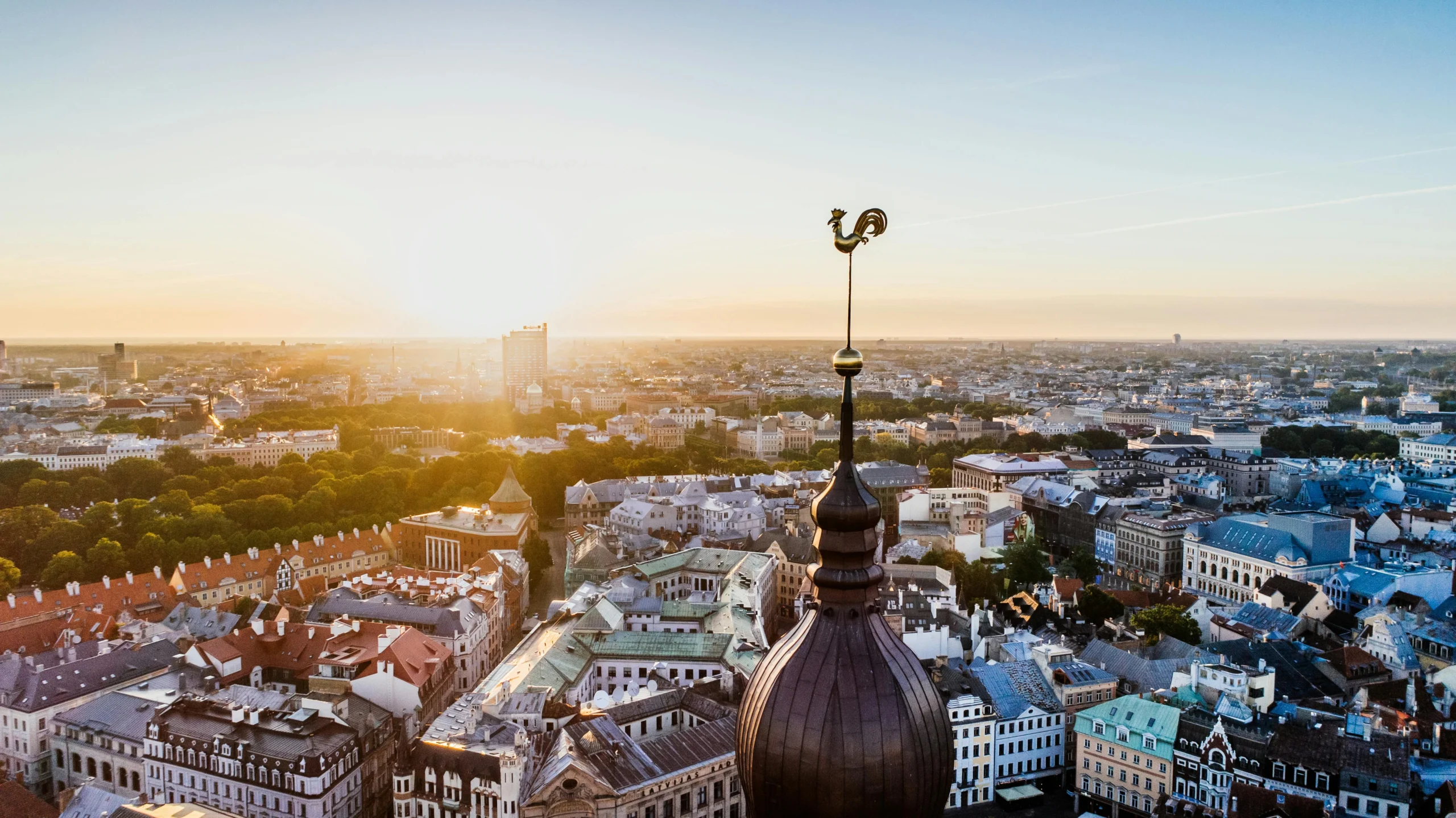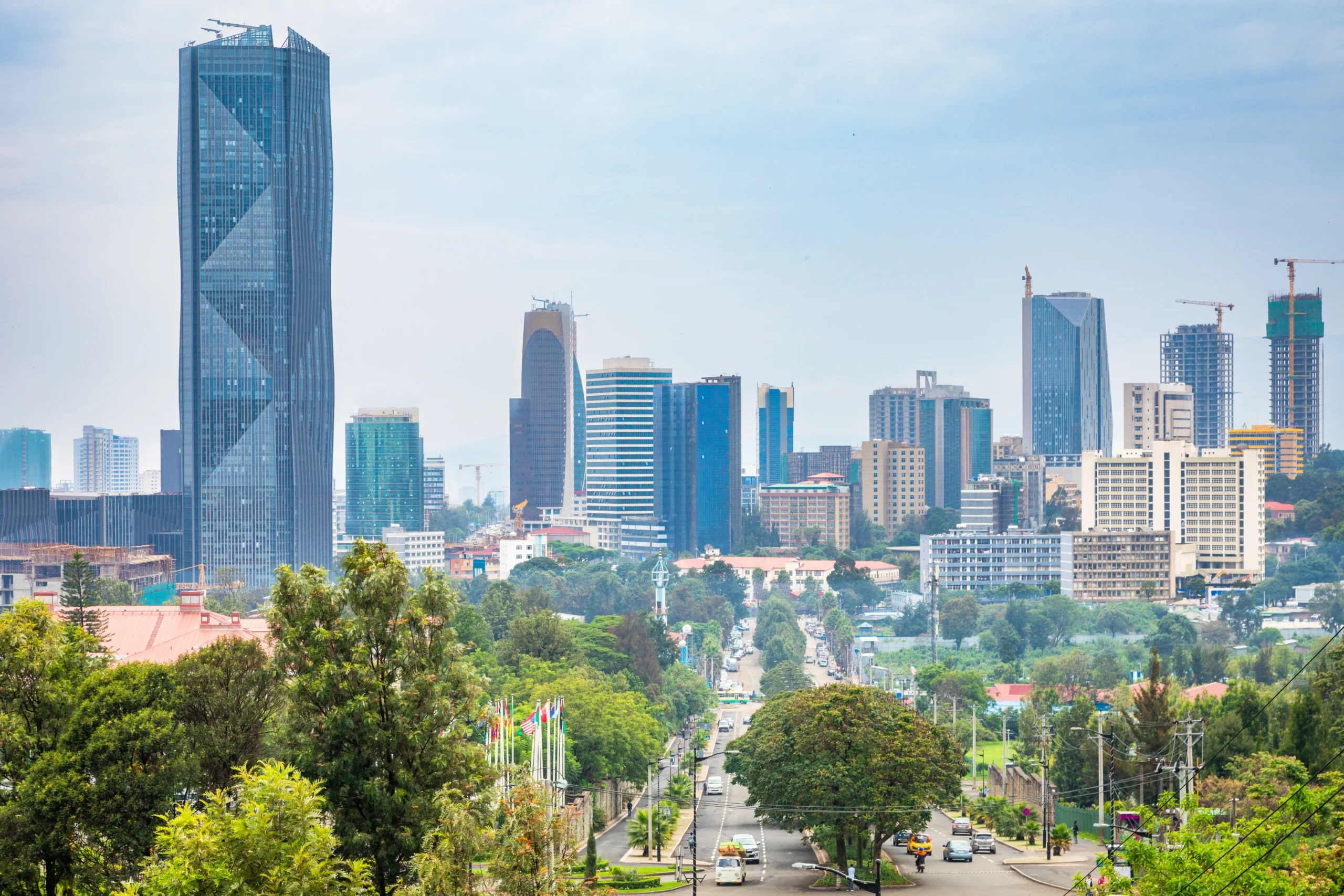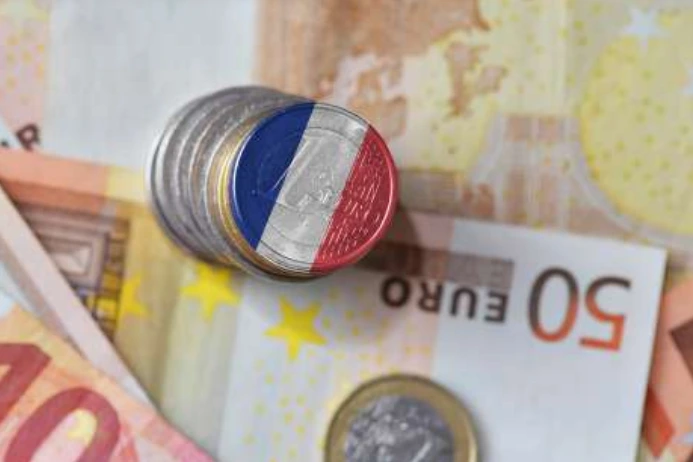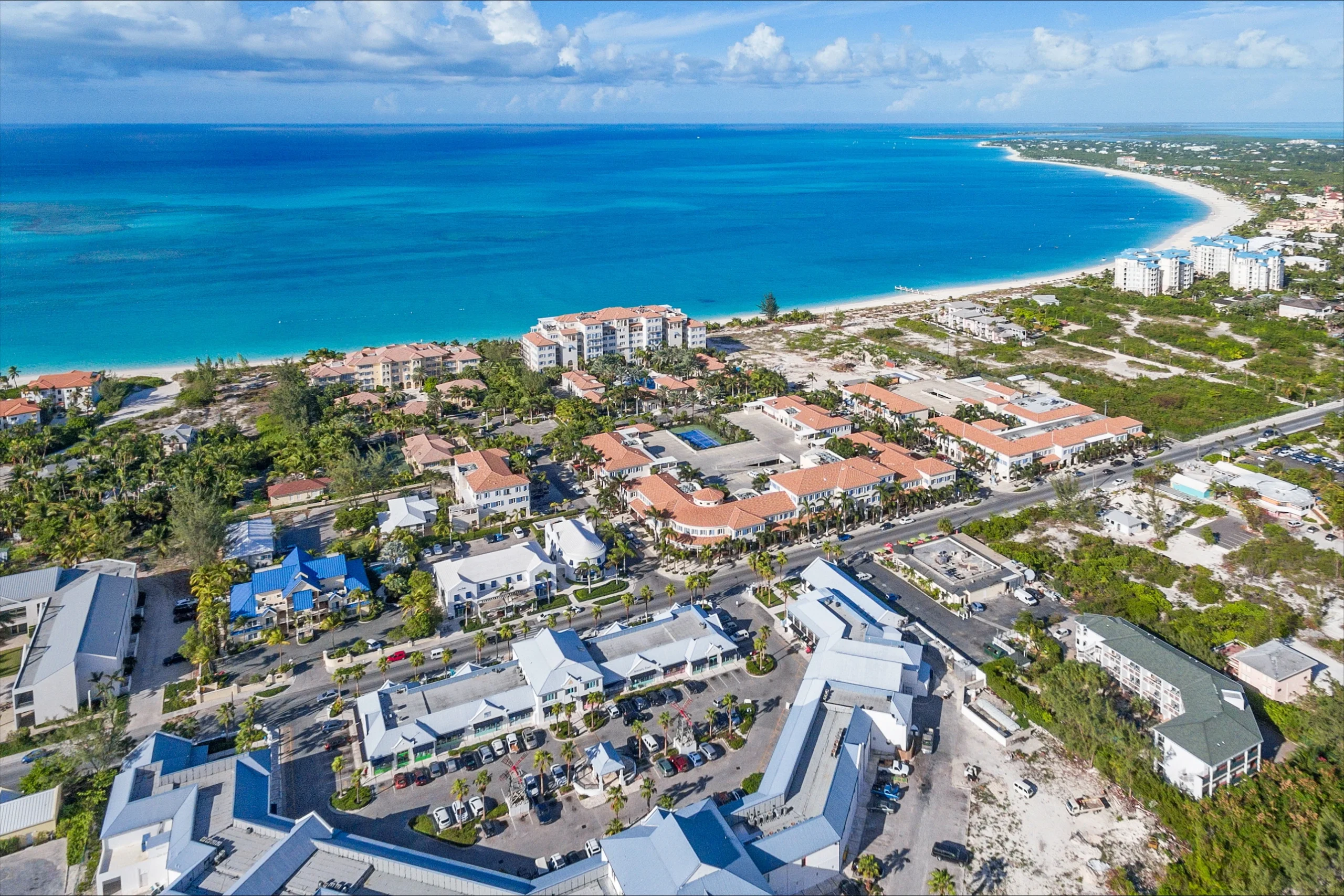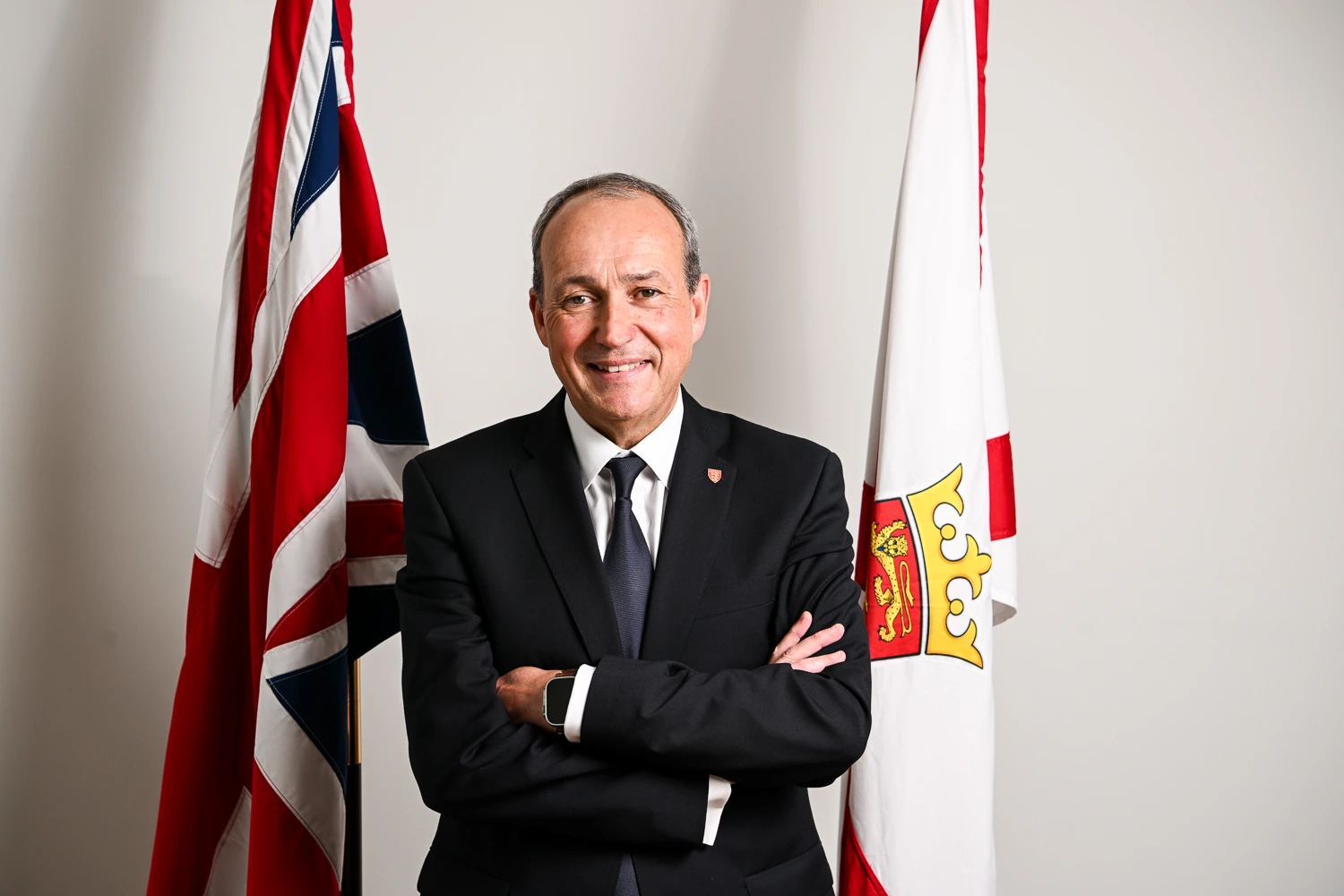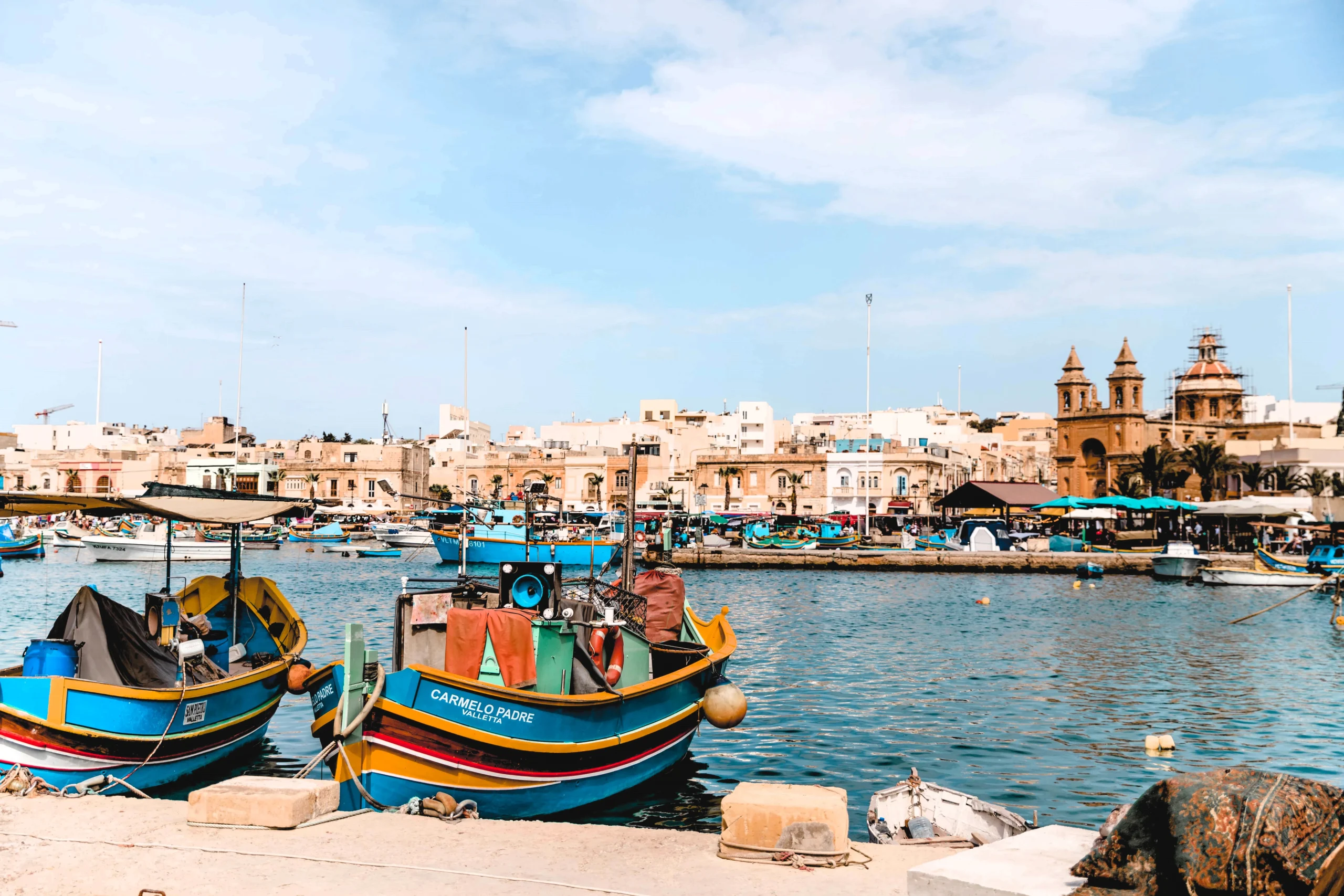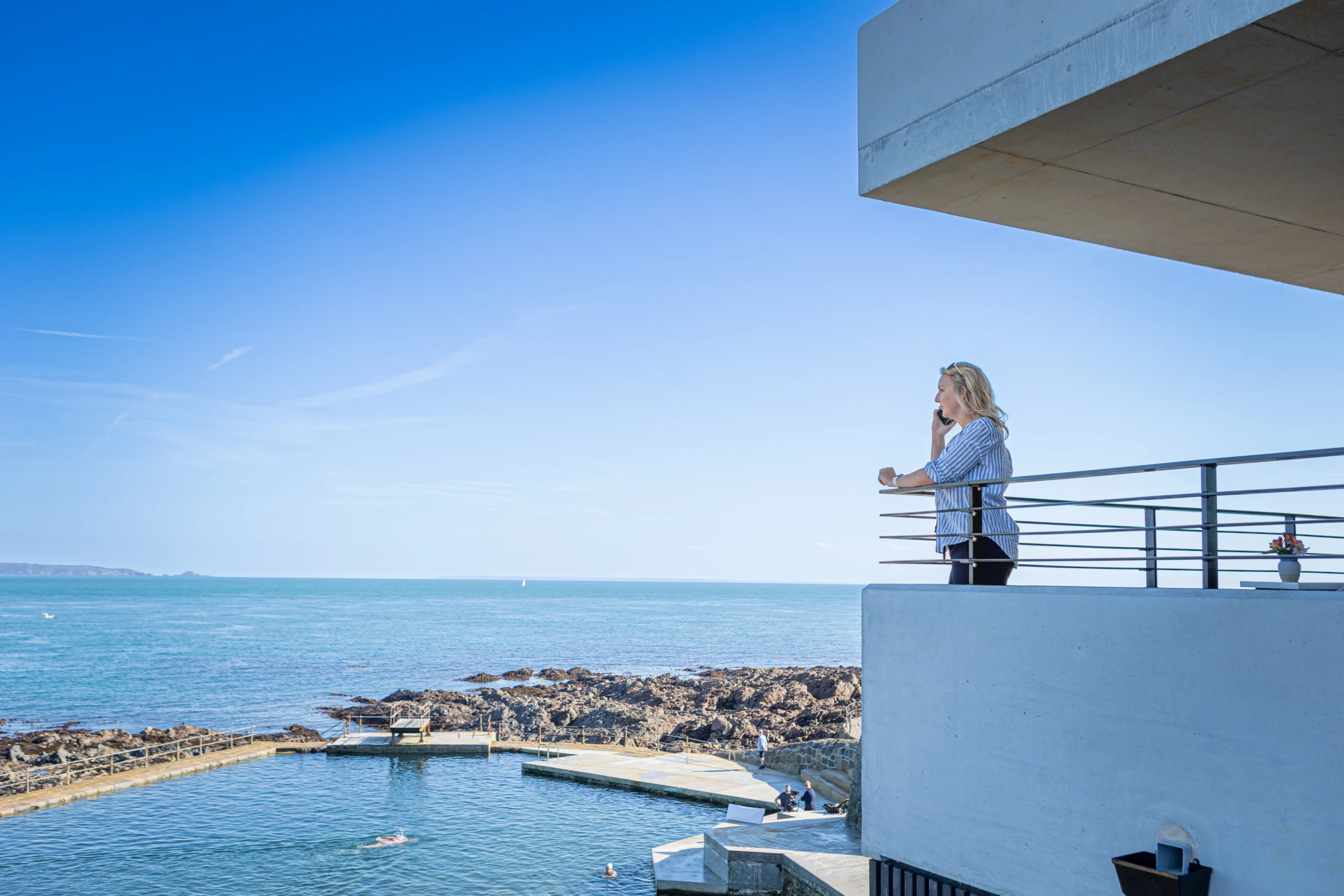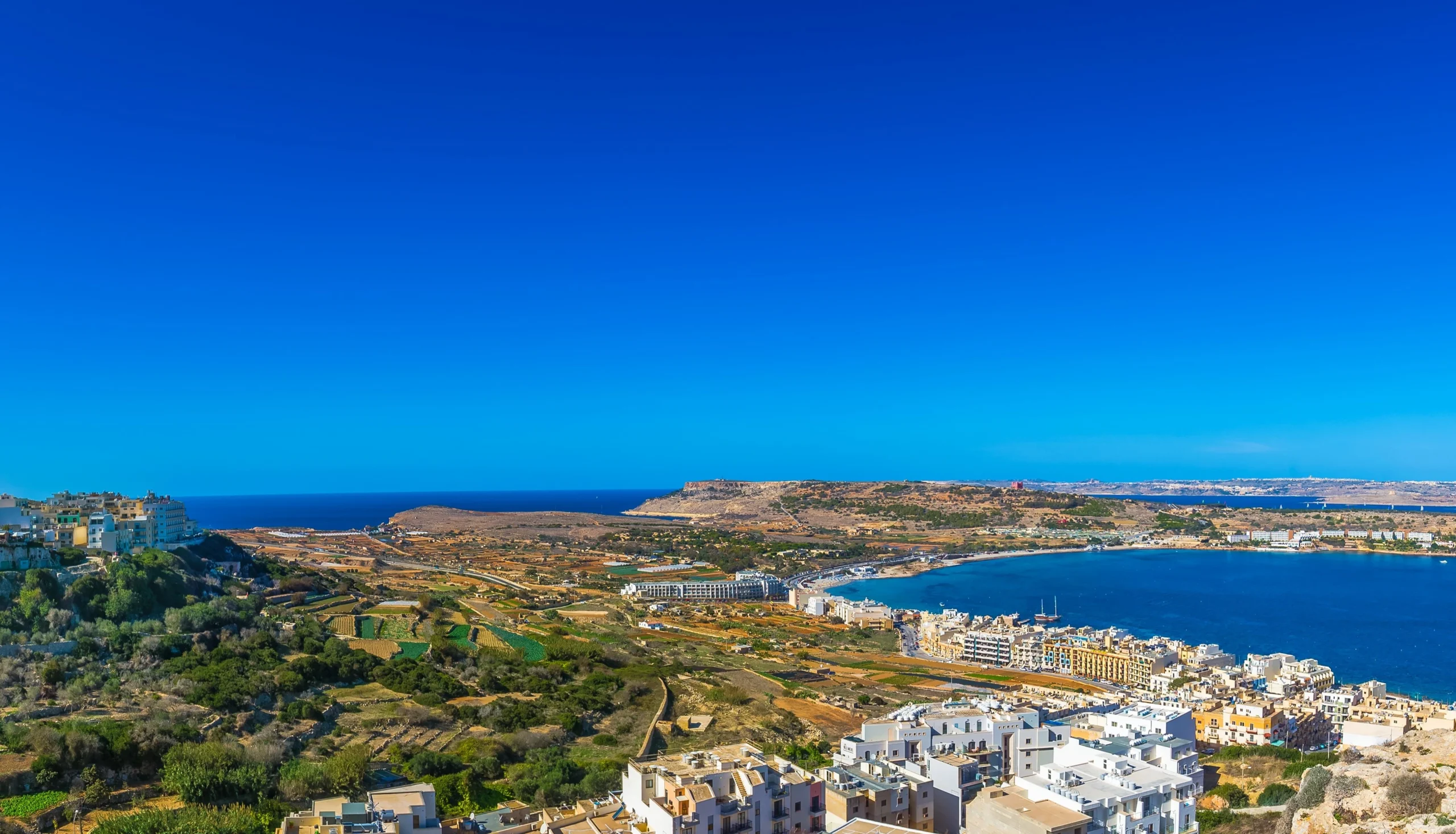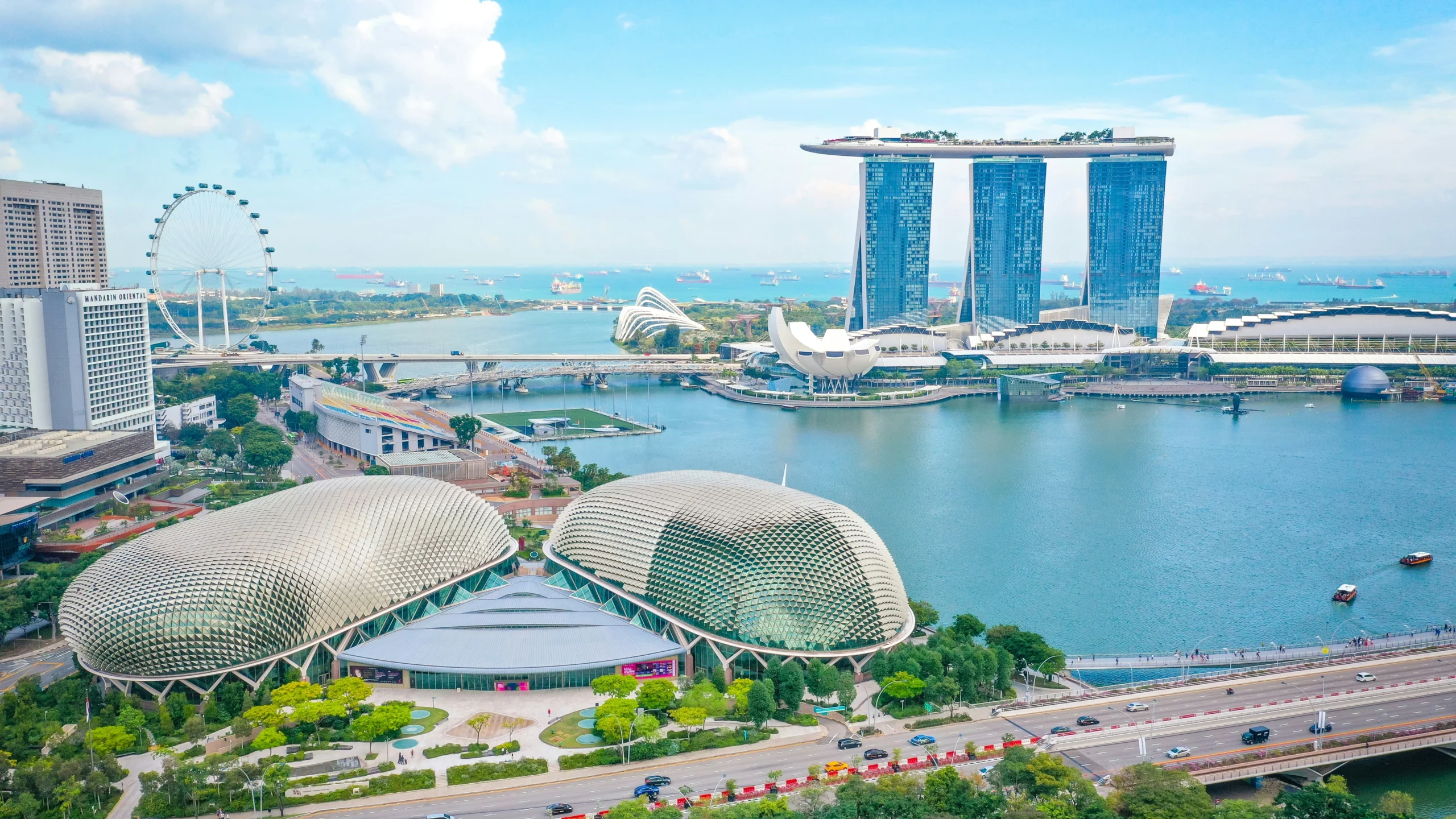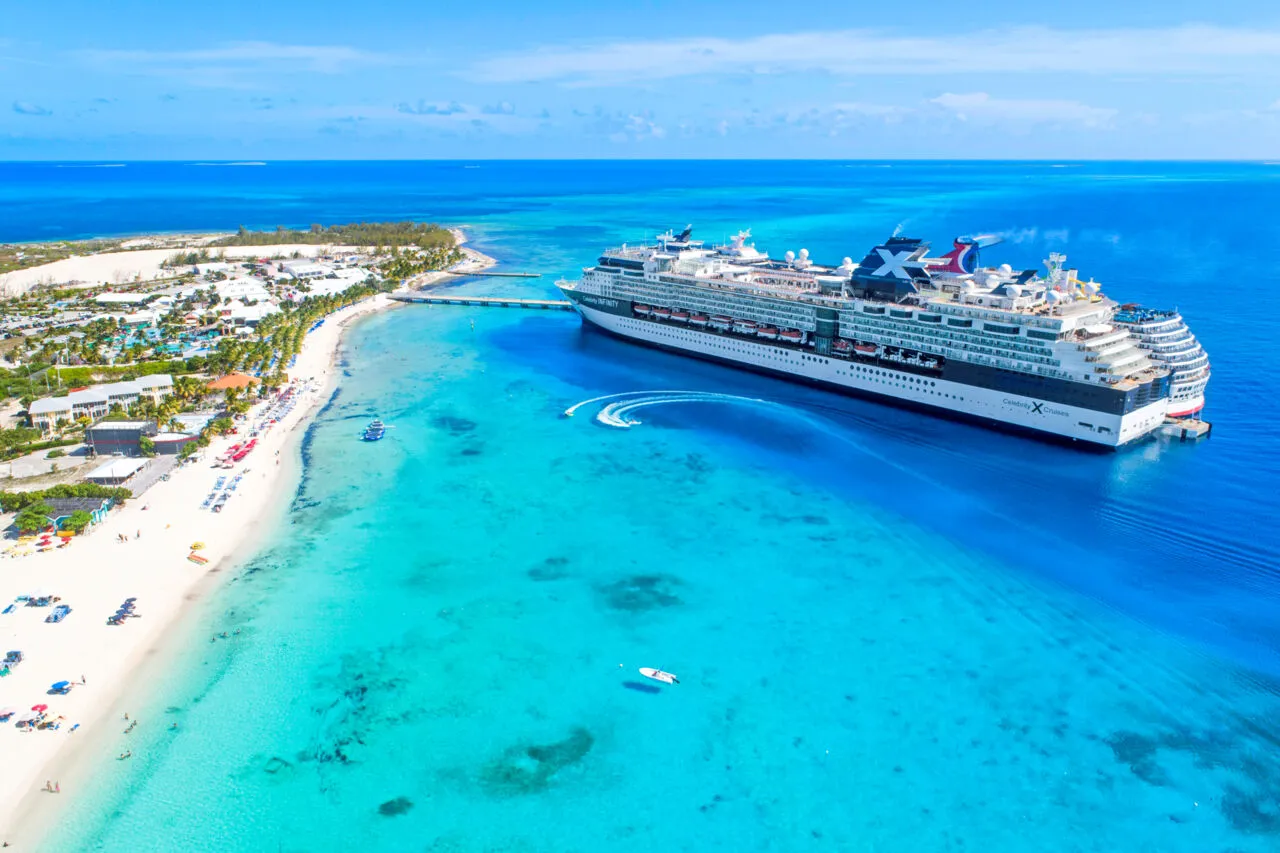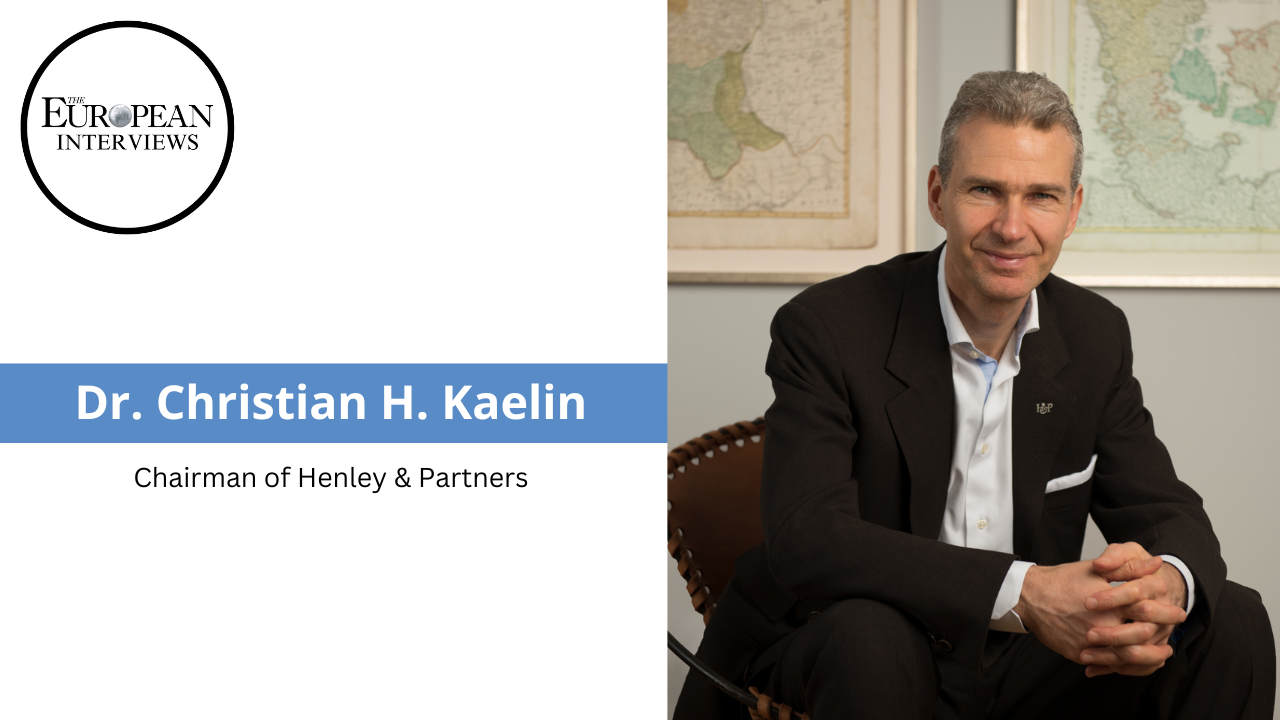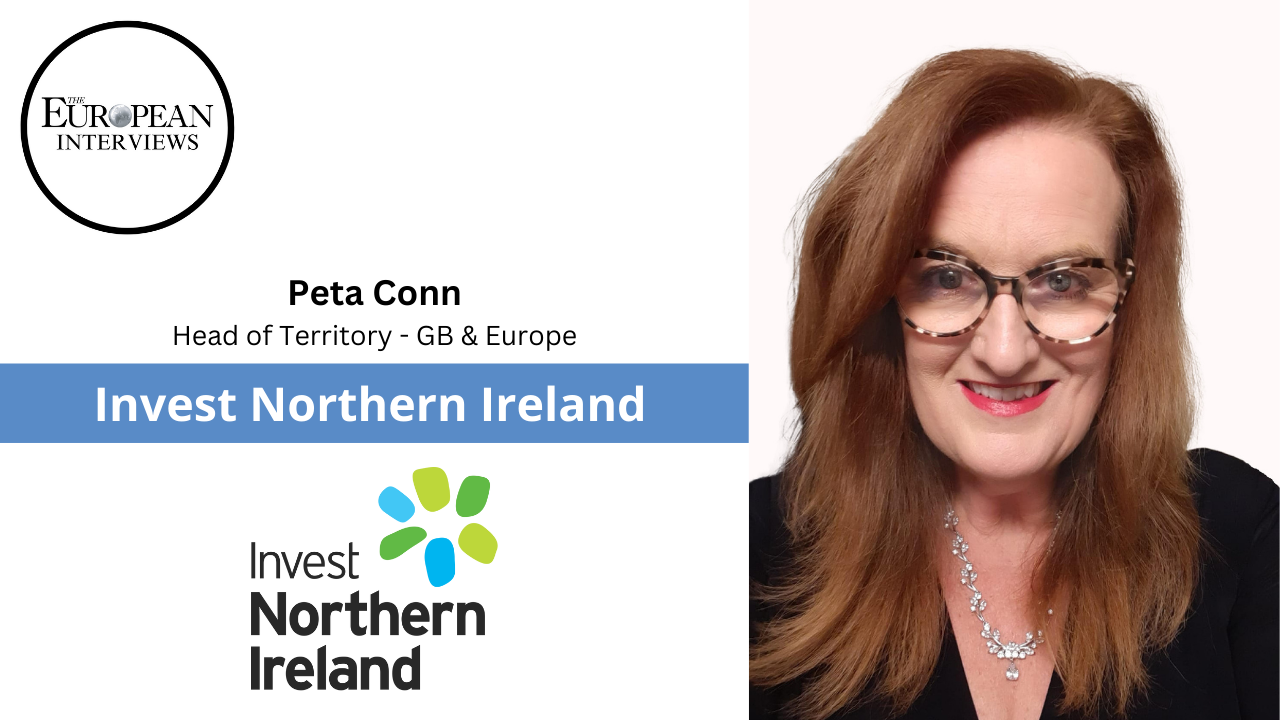Biviana Riveiro Disla speaks to The European about the Dominican Republic’s role as a hub for trade and investment

John E. Kaye
- Published
- Foreign Direct Investment
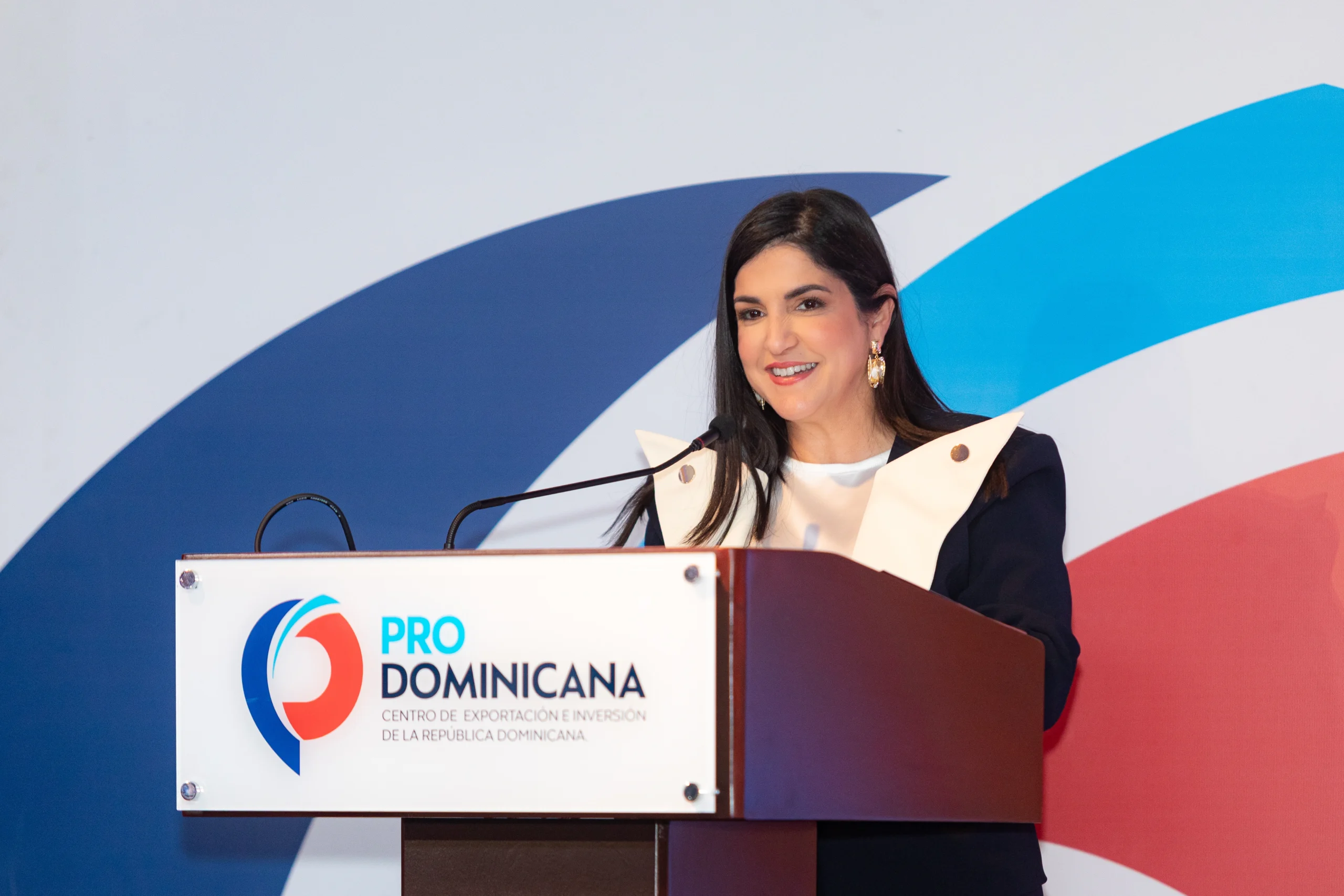
As Executive Director of the Dominican Republic’s Export and Investment Center, Biviana Riveiro Disla has championed reforms and record-breaking results; John E. Kaye meets the lawyer turned policymaker shaping the country’s international profile
When Angelina Biviana Riveiro Disla was appointed Executive Director of the Export and Investment Center of the Dominican Republic (ProDominicana) in August 2020, she inherited a mandate at a moment of global uncertainty. The pandemic had strained supply chains, unsettled investors and tested the resilience of small economies.
Five years on, she is widely credited with helping to steer the Dominican Republic to record levels of foreign direct investment (FDI) and exports, while sharpening its international profile as a strategic partner for Europe and the wider world.
Riveiro’s appointment, by presidential decree, came after two decades of legal, corporate and public service roles that made her one of the most recognised figures in Dominican business and policymaking. A graduate in law, with Magna Cum Laude honours from the Pontificia Universidad Católica Madre y Maestra in Santo Domingo in 2002, she has built a career across corporate law, telecommunications, trade, civil aviation and intellectual property.
Her academic trajectory has been equally expansive, with postgraduate studies in business law, economics, governance, arbitration, and international trade, including programmes at the WTO, Wharton, and the International Centre for Parliamentary Studies in the UK.
Under her leadership, ProDominicana has overseen the creation of the Single Investment Window one stop shop for investment, integrating 41 procedures across 26 institutions, a reform designed to simplify processes and encourage foreign investors. The results have been tangible: FDI reached US$4.52 billion in 2024 and US$2.89 billion in the first half of 2025, even as flows into Latin America declined. Exports have matched this dynamism, with merchandise shipments valued at US$12.93 billion in 2024 and US$8.26 billion in the first seven months of 2025.
The export mix has become diversified and sophisticated, spanning traditional strengths such as cocoa, coffee, rum and cigars, alongside gold, medical instruments and high-value services in tourism, outsourcing and creative industries. “Our economy is defined by its breadth. From gold and medical devices to premium cigars and cocoa, the Dominican Republic has built an export base that is both resilient and competitive on the world stage,” she told me.
“Sustainable growth depends on internationalisation. Every policy we advance, from investment facilitation to innovation, is aimed at ensuring that Dominican exports and investments can thrive in the most demanding markets.
Riveiro began her career in 2000 at the Institutionalism and Justice Foundation before joining the Dominican Institute of Telecommunications, where she worked on regulation of electronic commerce and high-tech crime, representing the country at the CITEL and REGULATEL. She went on to practice at the law firm Melo Guerrero Office and, in 2010, founded Grupo Legalia, a consultancy spanning corporate, energy, competition and foreign trade law.
From 2006 to 2011, she served as Executive Director of the National Association of Young Entrepreneurs (ANJE), becoming president in 2014. At ANJE she championed legal certainty, entrepreneurship and innovation, gaining recognition as one of the country’s most effective advocates for business reform.
Her public sector career deepened when she became Legal Director and Secretary General of the National District City Council in 2016, overseeing transparency reforms and urban planning regulation under Mayor David Collado.
Riveiro has combined her executive roles with academic and advisory contributions, lecturing at universities and serving on business councils.
She has been recognised repeatedly for her professional and social trajectory: by the Ministry of Youth in the category of Business Development (2015), by the National Council of Social Security (2013), by the National Association of Young Entrepreneurs (2010), and by the Chamber of Commerce of Santo Domingo for her contribution to corporate law reform (2009). Internationally, ProDominicana under her leadership was awarded by the Annual Investment Meeting in 2022 for innovation in services.
Today, she frames the Dominican Republic as a natural hub for sustainable export and investment in the Caribbean. The government emphasises macroeconomic stability, a skilled workforce and incentives in free zones and industrial parks. Strategic sectors include tourism, energy, manufacturing and agribusiness, with Europe positioned as a key partner.
“Our priority is to give investors a predictable, transparent environment where they can plan long term with confidence,” she said. “Exports succeed when they meet the highest expectations of international buyers. That is the level we benchmark ourselves against, and it is the level we intend to maintain.
READ MORE: ‘Dominican Republic positions itself as Caribbean hub for sustainable trade and investment‘. With historic growth in both exports and foreign direct investment, supported by structural reforms and innovative tools such as the Single Investment Window, the country is presenting itself as a strategic partner for Europe and the wider world, writes John E. Kaye.
Do you have news to share or expertise to contribute? The European welcomes insights from business leaders and sector specialists. Get in touch with our editorial team to find out more.
RECENT ARTICLES
-
 Zanzibar’s tourism boom ‘exposes new investment opportunities beyond hotels’
Zanzibar’s tourism boom ‘exposes new investment opportunities beyond hotels’ -
 Residence and citizenship planning is reshaping global wealth strategies
Residence and citizenship planning is reshaping global wealth strategies -
 Building sovereign bridges by attracting global investors
Building sovereign bridges by attracting global investors -
 Bahrain cuts property investment threshold for golden residency
Bahrain cuts property investment threshold for golden residency -
 Where mobility meets opportunity: Malta’s strategic advantage for global investors and innovators
Where mobility meets opportunity: Malta’s strategic advantage for global investors and innovators -
 UK government sets up Women in Tech taskforce amid gender imbalance concerns
UK government sets up Women in Tech taskforce amid gender imbalance concerns -
 Malta introduces Nomad Heritage Card for remote professionals
Malta introduces Nomad Heritage Card for remote professionals -
 How free global cities could reshape the future of migration
How free global cities could reshape the future of migration -
 Dominican Republic positions itself as Caribbean hub for sustainable trade and investment
Dominican Republic positions itself as Caribbean hub for sustainable trade and investment -
 Biviana Riveiro Disla speaks to The European about the Dominican Republic’s role as a hub for trade and investment
Biviana Riveiro Disla speaks to The European about the Dominican Republic’s role as a hub for trade and investment -
 Liechtenstein tops global index for foundations
Liechtenstein tops global index for foundations -
 Keeping the door open: wealthy UK citizens investing their way back into the EU
Keeping the door open: wealthy UK citizens investing their way back into the EU -
 Ethiopia emerges as a sustainable investment leader on the African stage
Ethiopia emerges as a sustainable investment leader on the African stage -
 France’s FDI renaissance marks a Nouvelle Ère for Europe
France’s FDI renaissance marks a Nouvelle Ère for Europe -
 The Turks and Caicos Islands: A new era for financial services and innovation
The Turks and Caicos Islands: A new era for financial services and innovation -
 Jersey in focus – an interview with Chief Minister Deputy Lyndon Farnham
Jersey in focus – an interview with Chief Minister Deputy Lyndon Farnham -
 Malta – a popular base for digital nomads
Malta – a popular base for digital nomads -
 Move to Guernsey: The Channel’s island gem
Move to Guernsey: The Channel’s island gem -
 Malta’s residency-by-investment programme: a clear path to permanent residency
Malta’s residency-by-investment programme: a clear path to permanent residency -
 The banking shift that Europe’s businesses can’t afford to ignore
The banking shift that Europe’s businesses can’t afford to ignore -
 High-net-worth Europeans turn to investment migration amid security fears
High-net-worth Europeans turn to investment migration amid security fears -
 Beyond the beaches: a spotlight on the Turks and Caicos Islands
Beyond the beaches: a spotlight on the Turks and Caicos Islands -
 Video Interview with Dr. Christian H. Kaelin of Henley & Partners
Video Interview with Dr. Christian H. Kaelin of Henley & Partners -
 Ireland’s resilience and future in Foreign Direct Investment
Ireland’s resilience and future in Foreign Direct Investment -
 Video Interview with Peta Conn of Invest Northern Ireland
Video Interview with Peta Conn of Invest Northern Ireland




